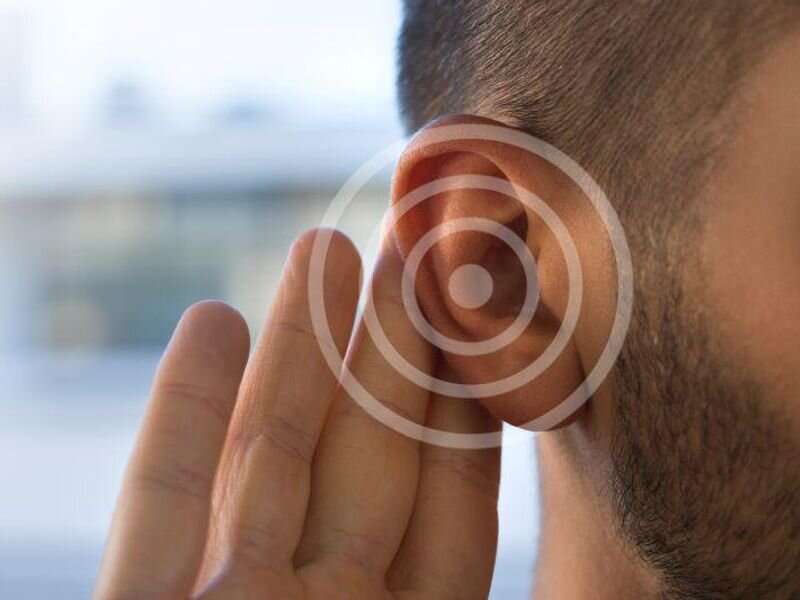
For patients with Ménière disease, most experience preservation or improvement in their hearing through strict clinical management, according to a study recently published in the Journal of Clinical Medicine.
Yi Zhang, from Capital Medical University in Beijing, and colleagues conducted a prospective cohort study involving 154 patients with definite Meniere disease (average age, 43.53 ± 11.40 years). The pure-tone thresholds of all 165 affected ears were analyzed over a one-year clinical management period.
The researchers found that 87.27 percent of patients had improved or preserved their hearing at a low frequency after one year and 71.51 percent had done so at a high frequency. At frequencies from 250 to 2,000 Hz, the hearing threshold had improved significantly, with a slight deterioration at 8,000 Hz. Forty percent of all patients had a hearing average threshold that reached ≤25 dB HL after the clinical management period; 27.27 percent of these were patients in stage 3. The restoration time was 2.5 months (range, 0.5 to 11.0 months), with longer restoration time for stage 3 than stages 1 and 2. Patients who were initially in the earlier stages had an increased odds ratio of hearing by an average of ≤25 dB HL (odds ratio, 2.840). The odds ratio of hearing on average by >25 dB HL was increased with age, peak curve, and flat curve versus rising curve (odds ratios, 1.038, 2.484, and 4.549, respectively).
Source: Read Full Article
